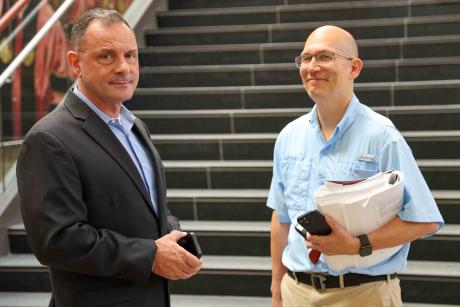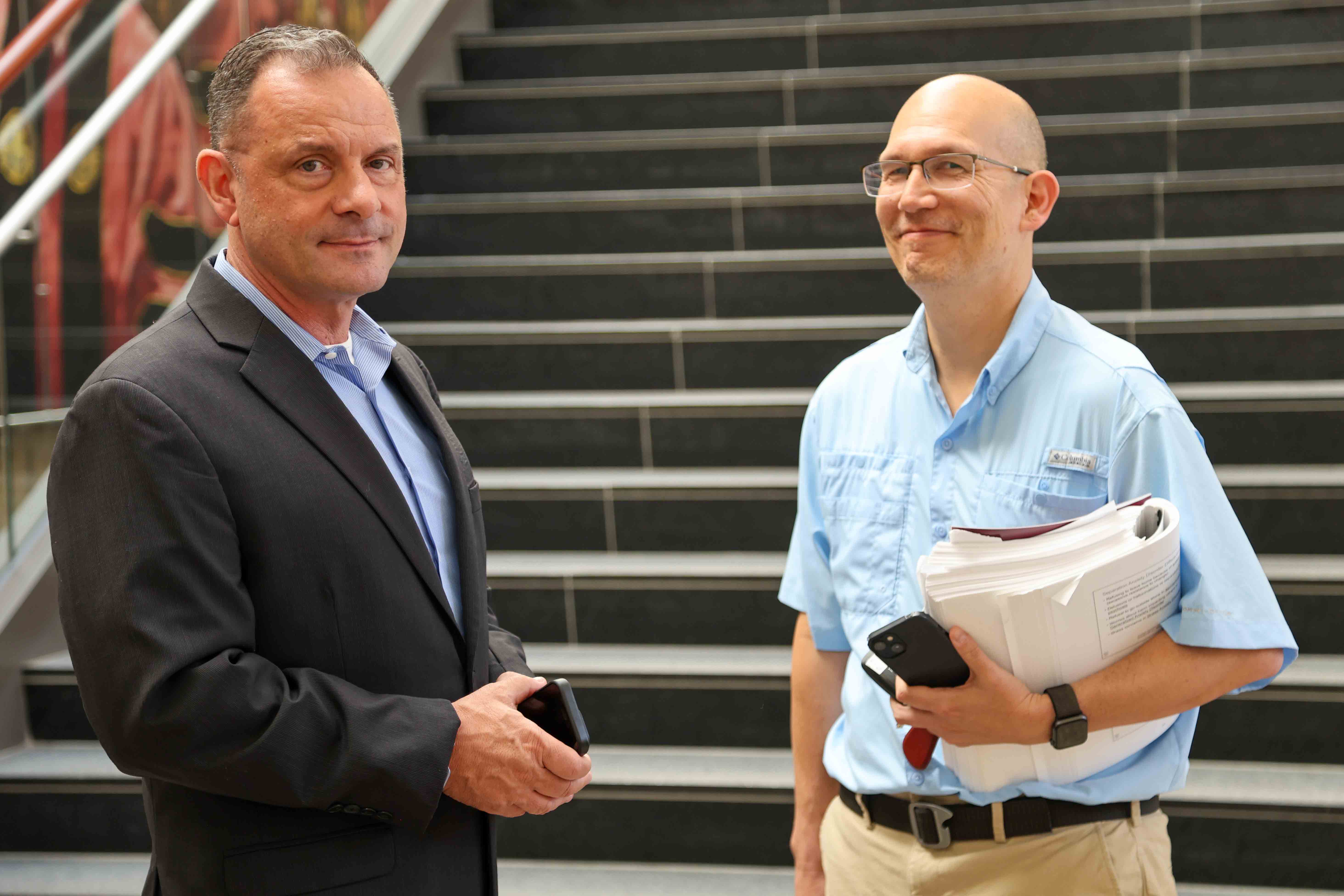GME growth aimed to meet Florida's greatest needs


The Florida State University College of Medicine welcomed its newest class of 131 physician residents and fellows in its Graduate Medical Education (GME) programs across the state.
In collaboration with nine health care partners, FSU GME now offers 26 residencies and fellowships. The latest class joins more than 264 physicians already enrolled.
“We continue to expand our GME programs to directly address Florida’s growing physician shortage and to improve access to outstanding health care, particularly in rural and underserved communities,” said Dr. Alma Littles, dean of the College of Medicine. “None of this would be possible without the strong partnerships we have with hospitals, clinics and physicians across the state, the support of the Florida Legislature, and the hard work of our 325 faculty who, even as busy physicians themselves, are dedicated to medical education and training the next generation of physicians.”
The FSU GME program has been on a fast-track for growth. Since July, the program assumed sponsorship of two fellowships through the Andrews Research & Education Foundation, which supports the Andrews Institute for Orthopaedics & Sports Medicine in Gulf Breeze, four physician residency programs at Ascension Sacred Heart hospitals, also in Northwest Florida, as well as the family medicine residency program and family medicine OB/GYN fellowship at Tallahassee Memorial HealthCare.
“Many people think we just train residents and fellows. We have a bigger mission. A bigger obligation,” said Bill Boyer, associate dean for Graduate Medical Education and the Designated Institutional Official for all sponsored GME programs at the College of Medicine. “Our GME program not only addresses workforce development, but we also focus on recruiting high-quality academic physicians into the community who want to teach and take care of patients. Studies indicate many people want to be treated in academic medical centers. We also assist our partners in identifying and expanding service lines and care — both tertiary and quaternary — all for the benefit of the citizens of our state.”
The population of Florida and the physician shortage are growing at such a fast pace that they’ve drawn the attention of the Florida Legislature. In March 2024, Gov. Ron DeSantis signed into law four bills collectively known as Live Healthy. One key component of the legislation calls for the expansion of medical residency slots.
Statistics show there is a 75% retention rate for physicians who attend medical school and complete their residencies in Florida. According to a recent study released by the Safety Net Hospital Alliance of Florida, FSU-sponsored residency programs rank among the most in-demand in Florida. The study examined the percentage of available residency slots filled by medical school graduates in 75 Florida hospitals and other health care providers between 2020 and 2024. FSU-sponsored residency and fellowship programs received a 100% match rate in each of the five years, a rate realized by only nine others.
“Our program, along with our health care partners, fills all available slots each year,” Boyer said, noting that additional GME growth is anticipated as FSU Health continues to expand statewide. FSU Health is a transformational initiative launched by the university to improve health in North Florida by leveraging FSU’s cutting-edge research capabilities and educational programs to forge new partnerships with clinical care providers.
Each year, the College of Medicine graduates about 120 new physicians, most of whom enter residency programs within the state. With its latest graduating class, the college has more than 2,000 physician alumni, with more than 600 practicing or completing residencies across the state, providing critical health care services.
All practicing physicians in the United States must successfully complete a residency program after graduating from medical school. Residencies, lasting three to seven years depending on specialty, are a crucial phase in the training of new physicians as they gain hands-on experience under the supervision of senior physicians. A fellowship is an optional, advanced and specialized training program that doctors pursue after residency.
Photo top right: Bill Boyer (left), associate dean for Graduate Medical Education, chats with professor William Bobo at the FSU-hosted GME fair earlier this year.

